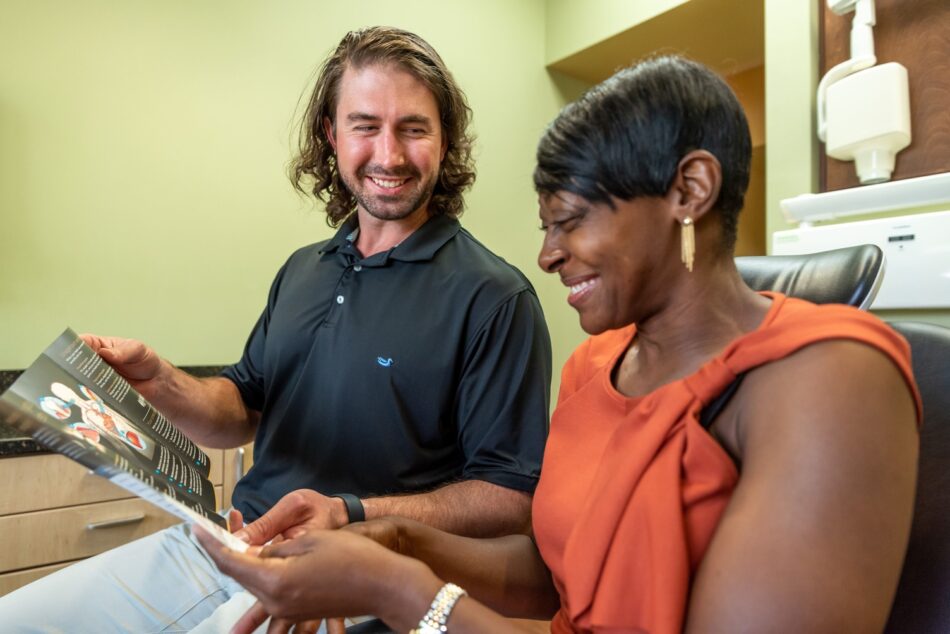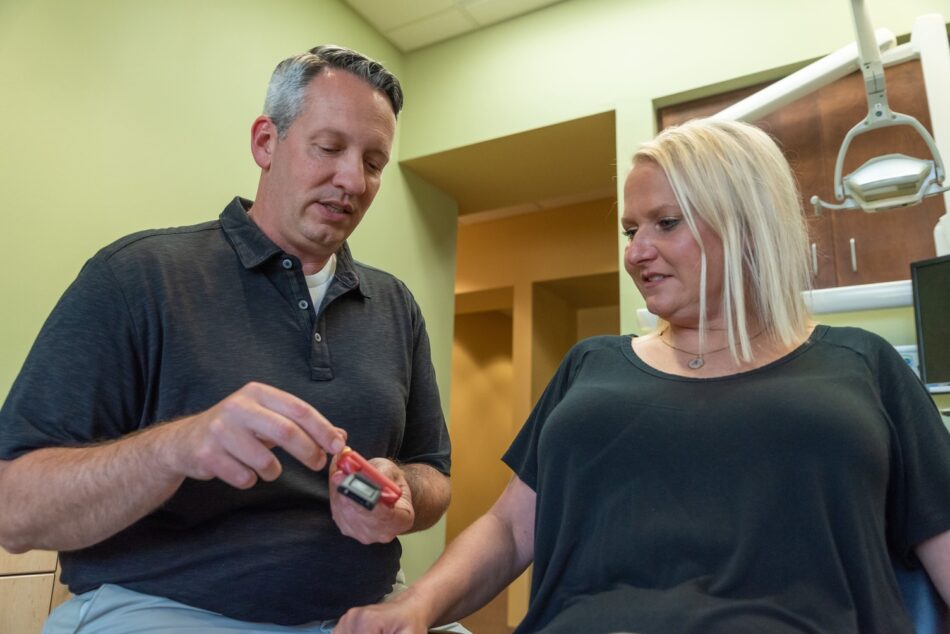What Is Endodontics?
Endodontics in Little Rock is a field of dentistry that focuses on the health of the dental pulp and the tissues surrounding the roots of a tooth. The dental pulp is the innermost layer of your tooth that houses nerves, blood vessels, and connective tissues. When this area becomes inflamed or infected due to decay, trauma, or injury, it can lead to significant discomfort and even jeopardize the overall health of your tooth.
Common issues treated through endodontics include severe tooth decay, fractures, or problems arising from repeated dental procedures. Our endodontic services at Harris Reynolds Cason Family Dental emphasize saving your natural teeth whenever possible. We aim to make your visit as comfortable and efficient as possible with advanced technology and gentle techniques.
What Is a Root Canal, and Why Might You Need One?
One of the most well-known endodontic procedures is a root canal. Although this treatment carries a reputation for being daunting, the reality is far less intimidating. Thanks to modern dental advancements and professional care, root canals are quick, effective, and pain-free.
A root canal is needed when the dental pulp inside your tooth becomes infected or damaged. Common symptoms indicating the need for a root canal include:
- Persistent toothache
- Sensitivity to hot or cold
- Swelling or tenderness around the gums
- Discoloration of the tooth
- Recurring abscesses
During the procedure, we carefully remove the infected pulp, clean the inside of the tooth, and seal it to prevent further infection. This treatment eliminates discomfort and saves your natural tooth, preventing the need for more complex procedures such as tooth extractions and replacements.
Why Choose Harris Reynolds Cason Family Dental for Endodontic Care?
At Harris Reynolds Cason Family Dental in Little Rock, we combine state-of-the-art technology, advanced training, and a compassionate atmosphere to deliver exceptional endodontic care. Your comfort matters to us, so we strive to provide an experience that exceeds your expectations. Here’s what sets us apart when it comes to endodontics:
- Personalized Treatment Plans
We understand that every patient and their dental needs are unique. Our team takes the time to carefully evaluate your situation and design a treatment plan tailored to your lifestyle and oral health goals.
- Advanced Technology
We use the latest tools and techniques to ensure precision and efficiency during your procedure. From digital imaging for accurate diagnoses to modern instruments for optimized care, we are committed to excellence.
- A Gentle and Friendly Approach
A root canal or other endodontic treatment shouldn’t be a source of anxiety. Our caring dental professionals go the extra mile to make sure you feel calm and informed every step of the way.
- Comprehensive Aftercare
Your treatment doesn’t end when you leave our office. We provide detailed instructions and are always available to answer your questions to ensure a smooth recovery process.
Frequently Asked Questions About Endodontics in Little Rock
Is a root canal painful?
With today’s advanced techniques, root canal treatments are no more painful than a standard filling. We completely numb your tooth and work with precision to minimize discomfort. Many patients feel relief after the procedure, as it resolves the pain from infection or inflammation.
How long does a root canal procedure take?
Root canal treatments typically take 1-2 visits that last about an hour. The actual length of time depends on the case’s complexity, but we value your time and work efficiently to restore your tooth as quickly as possible.
Will my tooth look normal after the procedure?
Yes. After the root canal, we often recommend placing a crown on the treated tooth to restore its strength, function, and appearance. Once completed, your tooth will look natural and blend perfectly with the rest of your smile.
Can a tooth still get re-infected after a root canal?
While rare, reinfection can occur if proper oral hygiene is not maintained or if the tooth sustains damage after treatment. Regular checkups with our team will help ensure long-term success and health.
Endodontics in Little Rock
If you’ve been experiencing tooth pain or suspect you might need endodontic care, don’t hesitate to contact us. At Harris Reynolds Cason Family Dental, our skilled and compassionate team delivers high-quality endodontic treatments that preserve oral health and restore comfort.
Contact us today to schedule your consultation with Dr. David Reynolds, Dr. Samuel Cason, or Dr. Reid Barton. Treating tooth pain early can make all the difference in saving your natural teeth and maintaining a healthy, vibrant smile. We look forward to serving you!




